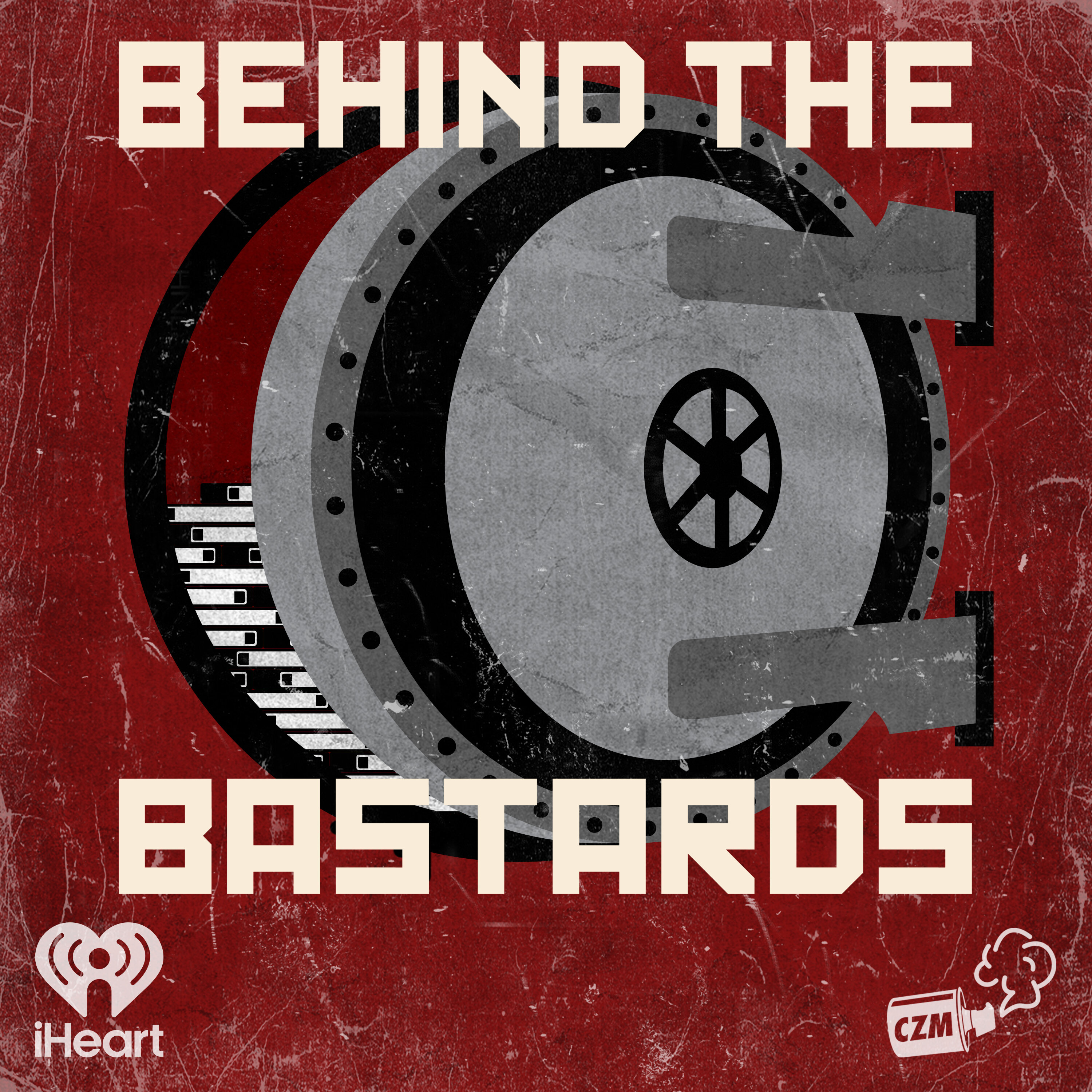Chapter

Ethics and Politics
The podcast hosts discuss how politics and personal beliefs affected the decision-making in a situation involving homophobia, and how it was surprisingly the individual who held ethical beliefs that did the right thing, rather than the individual who was friends with people in the LGBTQ+ community.
Clips
Before high-tech medical records were common there were ways Presidents could hide their health problems from the public and President Franklin Delano Roosevelt's team did just that.
47:32 - 48:32 (01:00)
Summary
Before high-tech medical records were common there were ways Presidents could hide their health problems from the public and President Franklin Delano Roosevelt's team did just that. They were able to hide the fact that he couldn't walk or function on his own and the press pool was in on it too.
ChapterEthics and Politics
EpisodePart Two: Ronald and Nancy Reagan: The Bastards Behind the AIDS Crisis
PodcastBehind the Bastards
The speaker believes that ethically they are on the right side of history and that FDR was a fine president.
48:34 - 49:16 (00:42)
Summary
The speaker believes that ethically they are on the right side of history and that FDR was a fine president. However, the only president with less blood on his hands was Jimmy Carter.
ChapterEthics and Politics
EpisodePart Two: Ronald and Nancy Reagan: The Bastards Behind the AIDS Crisis
PodcastBehind the Bastards
The hosts discuss the limitations of American power and politics and how they really haven't changed much throughout history.
49:16 - 50:31 (01:14)
Summary
The hosts discuss the limitations of American power and politics and how they really haven't changed much throughout history. They touch on the topic of Jimmy Carter and Reagan's legacy with regards to homophobia and AIDS and wonder if political expediency was more to blame than personal bias.
ChapterEthics and Politics
EpisodePart Two: Ronald and Nancy Reagan: The Bastards Behind the AIDS Crisis
PodcastBehind the Bastards
The podcast discusses how ethics come down to doing the right thing no matter what the circumstances are, as opposed to making politically expedient decisions, as seen in the case of Coopy and Reagan regarding their stance on homosexuality.
50:31 - 53:07 (02:36)
Summary
The podcast discusses how ethics come down to doing the right thing no matter what the circumstances are, as opposed to making politically expedient decisions, as seen in the case of Coopy and Reagan regarding their stance on homosexuality. It is interesting how Reagan, who had gay friends, did not extend his personal beliefs in his political decisions, possibly indicating sociopathic or psychopathic tendencies, in contrast to Coopy, who stood by his ethical beliefs.